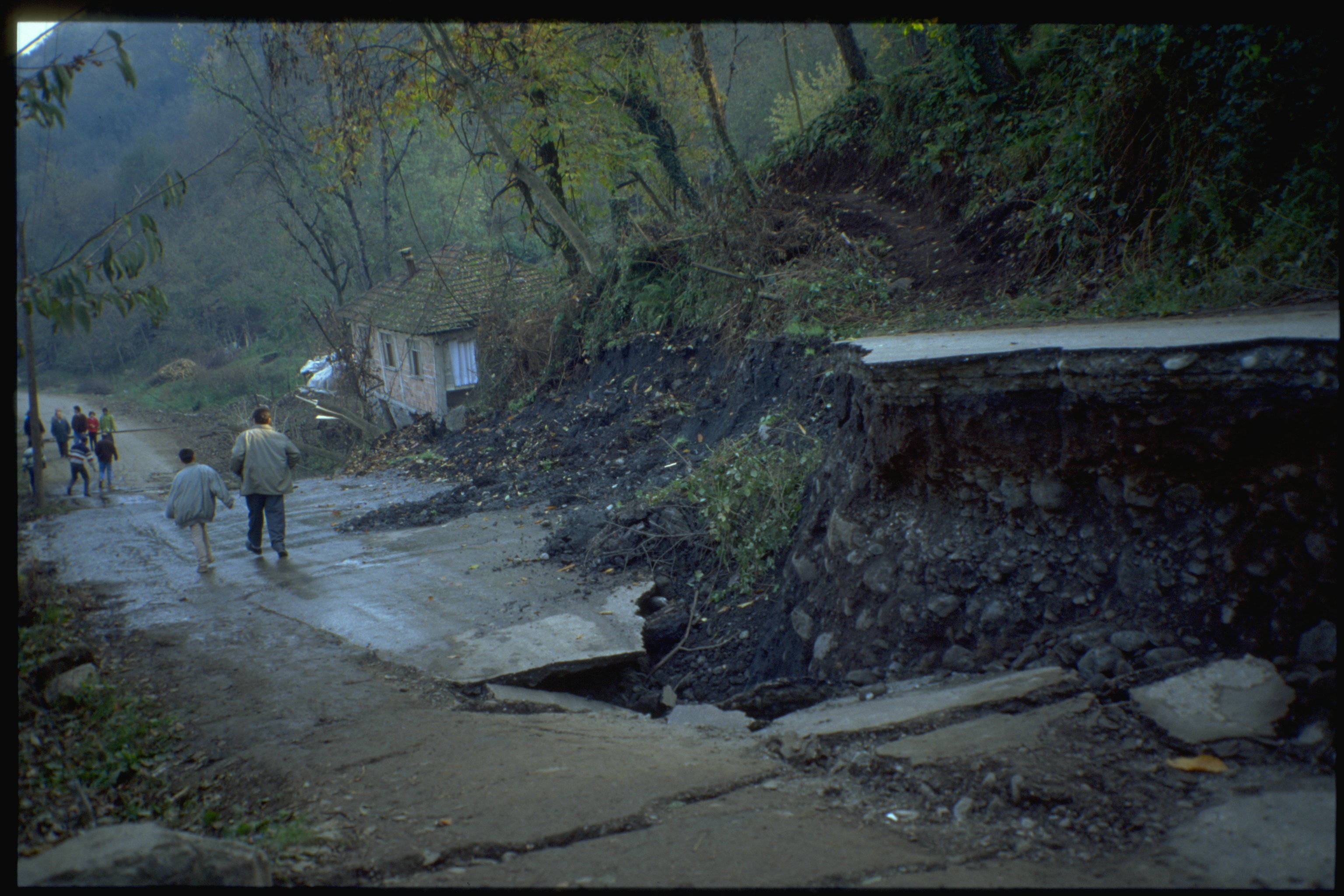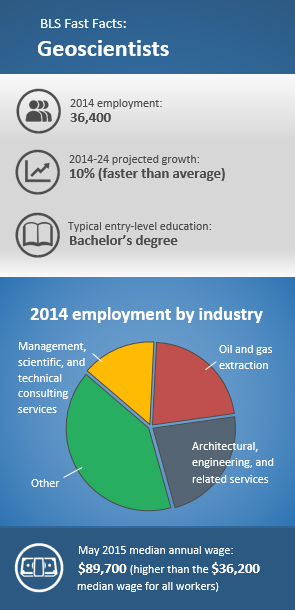All Categories
Featured
Table of Contents
Geophysical Consulting in Wattle Grove Oz 2020
This work is increasingly contracted out, so consultancies offer another source of work. Consultancy firms differ in size, from really little companies to big multinationals. Some consultancies are quite specialised in utilizing specific geophysical techniques or working in particular places, while others use a more diverse series of services to their consumers.
The extraction of gas from garbage dump websites is another area of work and this may grow in the future. Exploration companies might undertake work for building companies, public utility, mining business and environmental agencies, so geophysicists may be utilized in any of these settings. Other companies include: geological surveysgovernment bodies and agenciesuniversities and research institutes.


Vacancies might be noted in the oil and gas sector press. Recruitment is affected by oil cost variations and the level of competition for positions differs depending upon this. Professions Days, which cover the full variety of geoscience careers and are typically participated in by a number of crucial industry employers, are run by The Geological Society.
Working As A Geophysicist And Oceanographer In Canada in Trigg Aus 2023
Some of the large oil and gas companies use a complete two-year structured training programme throughout the breadth of geophysics, consisting of the opportunity to experience work in numerous groups prior to specialising in one location. Your training may include work on: existing wellsmagnetic and gravitational possible field information analysisresearchrock analysis. However, it's more normal for your preliminary training to be supplied on the task.

There might be a probationary duration during which you work together with a knowledgeable coworker. Competency-based appraisals happen frequently in many companies. In smaller companies, and for academic posts, there is not likely to be any formal training - you'll be anticipated to begin work straightaway and get abilities as you go along.
If you work for a smaller company, you may find that you need to take duty for organizing and moneying your own advancement and training. If you have a geology degree, membership of The Geological Society can be beneficial for networking and for keeping up to date with the industry.
Job Guide - Geophysicist in Beeliar Aus 2021
You might also find it beneficial to sign up with the PESGB (The Petroleum Expedition Society of Great Britain, which has a geophysics unique interest group. After a probationary period, and as soon as you have actually acquired some experience, you might progress to senior geophysicist, then group leader and then into a senior function in management.
The ease of motion in between roles depends on the company structure. Study at Masters or Ph, D level in a subject related to geophysics or geosciences might help with your career development and development. The work market within the oil and gas industry is very reliant on rate and this may impact your opportunities for career progression.
Not all tasks are dependent on the oil and gas industries. For experienced geophysicists, freelance consultancy uses a good path for profession advancement. You can also specialise in a specific area of geophysics. As a geophysicist, you're likely to have numerous tasks throughout your working life. International mobility is crucial for dealing with peaks and troughs in various countries at various times.
Recent Advances In Optimized Geophysical Survey Design in Coolbellup WA 2021
From geophysics, it's possible to concentrate on seismology (finishing more training to become a seismic interpreter) or to move into related areas such as engineering geology or risk forecast.
Deciding what to study in college is a difficult option. Even if you understand that your field of interest lies in science, what program of study is best for you?
The very first action to attaining your objective of becoming a geophysicist is making a degree. Even for entry-level positions in the field of geoscience, you'll need a bachelor's degree (a geophysicist college degree) from an accredited college or university. Geophysicists need to be able to: analyze rocks, pictures, and other pieces of information carry out research study both in the field and in labs create maps and charts of their findings compose reports To accomplish all this, trainees need a specialized education for geophysicist professions.
As specified above, you'll require a bachelor's degree in geoscience or an associated discipline, such as a physical science or a natural science, to land an entry-level job. However students can likewise prepare by learning subjects like: Biology Chemistry Computer system science Engineering Mathematics Physics The above geophysicist majors use a more generalized technique to a single scientific discipline, however the majority of programs require trainees to take several geology course.
Latest Posts
Geophysical Survey - Salisbury Archaeology in South Guildford Aus 2021
Geophysical Survey in Yangebup Aus 2022
Working As A Geophysicist And Oceanographer In Canada in Singleton Aus 2022